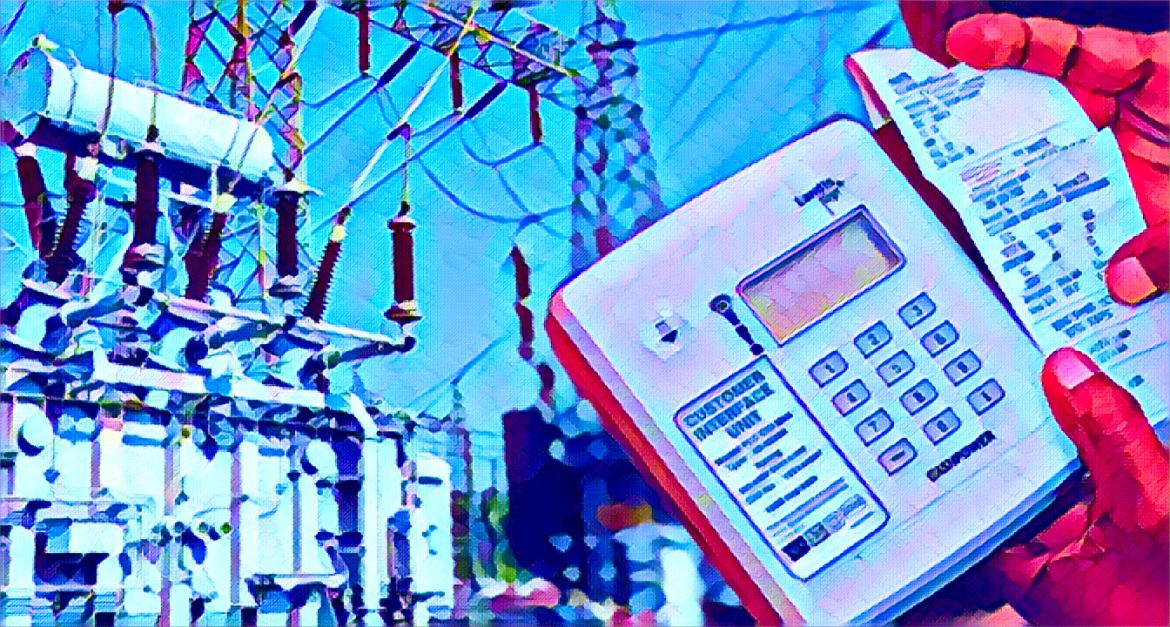The Nigerian Electricity Regulatory Commission (NERC) has lowered the electricity rates for Band A consumers, which is a noteworthy development that should provide some financial relief for a large number of Nigerians. This shift is a reaction to a significant decline in the Naira’s value relative to the US dollar.
The revised rate, which went into effect on April 6, reduced the amount charged per kilowatt-hour (kWh) from N225 to N206.80. This significant drop immediately impacts customers who fall within Band A. Customers in this group usually have access to electricity for 20 to 24 hours every day, which indicates a greater level of dependability and service.
Following a 14% decline in the average exchange rate from N1600 to N1400 to the US dollar, the decision to reduce the tariffs was made. Because of the exchange rate adjustment, NERC was able to more easily modify electricity prices lower, bringing them more in line with the state of the economy.
One of Nigeria’s top distribution businesses, Ikeja Electric Distribution Company (IE), announced the pricing hike. The management of the company published a circular outlining the new Band A pricing structure and reaffirmed their commitment to upholding a high standard of service with a guaranteed supply of power for 20 to 24 hours per day.
The circular stated: “We wish to inform you of the revision in our tariff rates for customers in Band A, effective 6th May 2024. The new rate is N206.80/kWh, down from the previous N225/kWh, with a commitment to provide 20-24 hours of electricity daily. Please note that there is no change in the tariff for customers in Bands B, C, D, and E.”
As part of its continuous efforts to guarantee that energy pricing is reasonable and representative of the state of the market, NERC has reduced prices. NERC attempts to strike a balance between protecting consumers from exorbitant fees and the need for utilities to recoup their costs by modifying rates in reaction to changes in the exchange rate.
Tariffs for clients outside of Band A are unaltered, keeping Bands B, C, D, and E at their current rates. These bands show different levels of supply reliability for electricity, which are lower than what Band A consumers are assured. There are a number of anticipated benefits from the updated tariffs. Lower monthly electricity prices for families and individual customers in Band A are the result of the reduction, which offers some financial respite during uncertain economic times. For businesses that fall under this band, it translates into reduced operational costs, potentially encouraging greater productivity and investment.
Additionally, the public’s opinion of the energy sector’s response to economic situations is likely to be improved by the tariff adjustment, which will increase consumer confidence. It also backs the government’s more comprehensive economic initiatives, which are meant to stabilize the economy and improve the standard of living for the populace.


